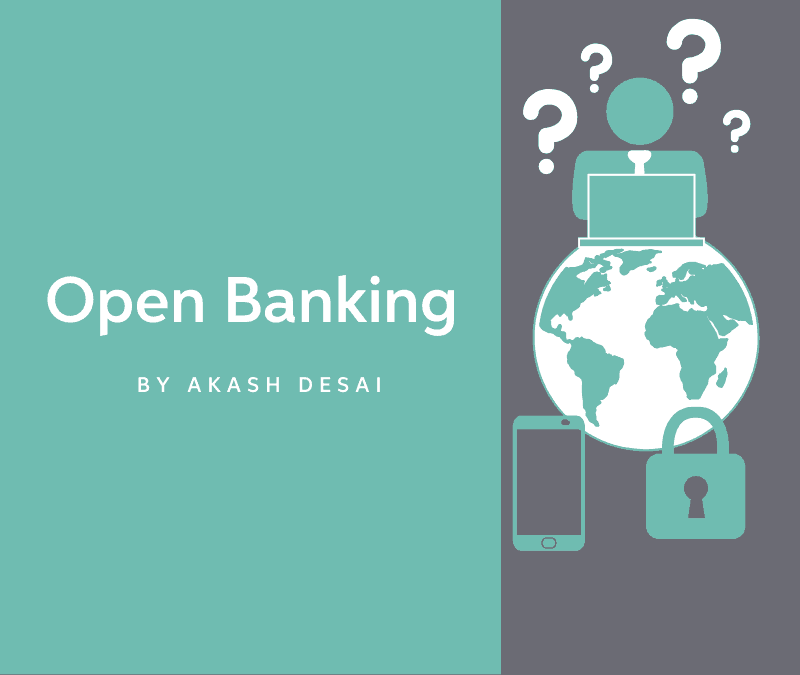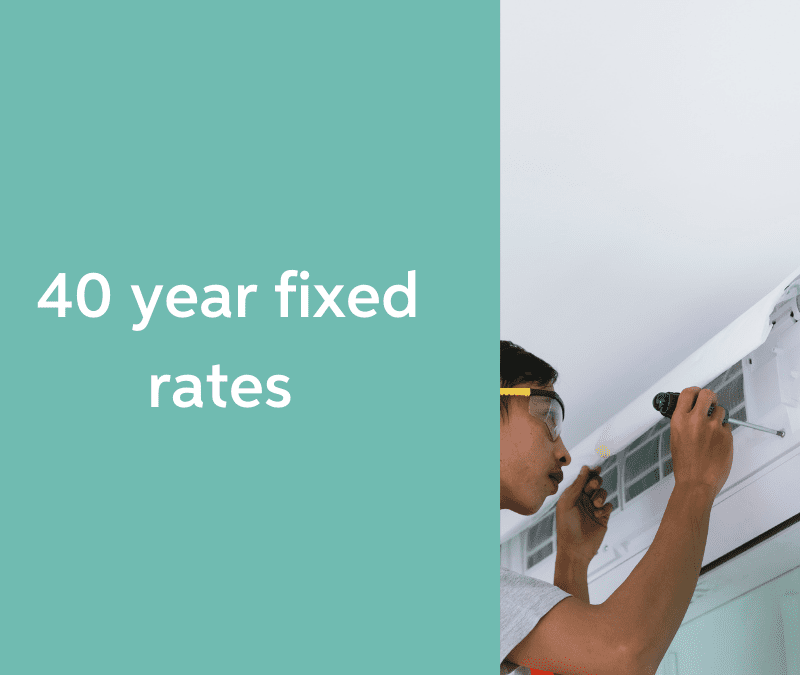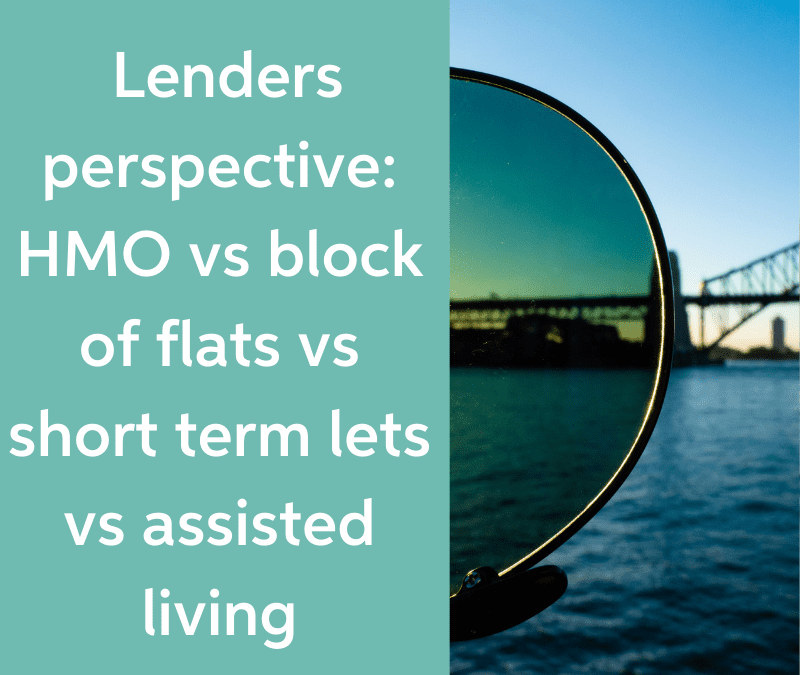Open Banking in Mortgages

Open banking is fundamentally a change to the way your financial information can be accessed. Traditionally only held by your bank, opening banking means that UK regulated banks have to share financial information such as regular payments, spending habits, the places you spend that money and essentially everything that appears on your bank statement, providing that you have authorised this.
This change was called in by the ‘Competition and markets authority’ (CMA) and came into effect not the 13th January 2018. The driving force behind this was to promote competition and innovation to the financial markets, which will create products to help you better manage your money.
How does it work and is it secure?
Application programming interfaces (API’s) are created to take your financial information and provide it to a third party in a way in which they can analyse and interpret that information.
First and foremost, your information cannot be accessed by anyone to whom you have not given prior permission. On top of that, any organisation that uses open banking are Financial Conduct Authority (FCA) regulated, need to comply with data protection laws, use financial grade API’s and ensure all information is encrypted.
How does it help you?
Although still relatively unknown, you can see apps in the market place that request financial information allowing you to track spending habits and also save and invest your money. I have started using an App called Plum which automatically saves money based on rounding up my spending. I have also dabbled around with other apps that track my spending habits and make recommendations on how to save money.
Seeing my information tracked and aggregated in different ways has been an eye opener for me and helped me changed not only the way I track money but also how I save it.
Open Banking in the mortgage industry
Underwriters and lenders have to do an affordability check to ensure that you as a home buyer can pay your mortgage back. This is a fundamental part of the process and the main way this is currently assessed is by reviewing your payslips and bank statements. This involves sending your bank statement, sometimes physical copies as not all lenders accept electronic copies. This is a long and outdated process in the 20th century.
Open banking is now being used by some lenders, such as Lend Invest, to request access to your financial information and using that for your affordability check. This is usually a quicker process and provides a much slicker user experience.
At OnPoint Mortgages we have started adopting open banking to improve our clients user experience and have integrated with a 3rd party provider where we can, at our clients request, ask for their financial information directly from their bank using an API rather than requesting paper bank statements.
The Future for of Open Banking
Although adoption has been relatively slow, I think the future around open banking is all about educating people on how to better manage their money.
For example we can interrogate spending habits and make recommendations to ensure clients are mortgage ready based on lender criteria
YOUR HOME MAY BE REPOSSESSED IF YOU DO NOT KEEP UP REPAYMENTS ON YOUR MORTGAGE.
By Akash Desai – Operations Director at OnPoint Mortgages.
OnPoint Mortgages a trading style of L&D Mortgages Limited is an appointed representative of The On-Line Partnership Limited which is authorised and regulated by the Financial Conduct Authority. Registered in England and Wales No: 10500099 Registered address: 2nd Floor Hygeia House, 66 College Road, Harrow, Middlesex HA1 1BE





